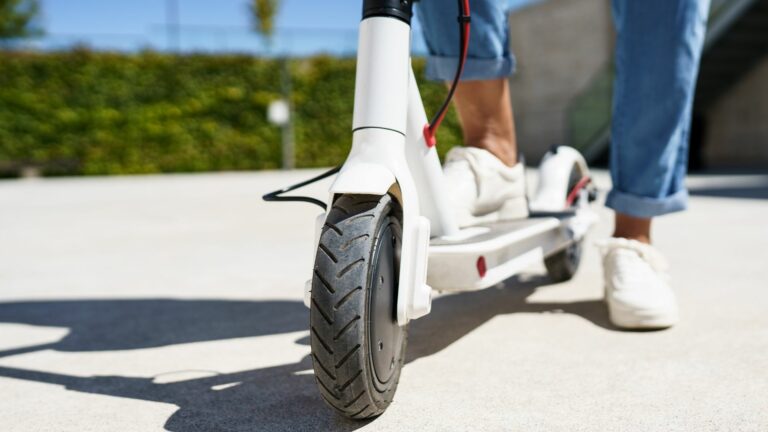Discover How to Save Fuel When Using Air Conditioning in Your Car

With the rise in temperatures, air conditioning becomes an essential element to ensure comfort during car trips. However, its use can lead to an increase in fuel consumption, thus affecting the budget of those who use this air conditioning system. Below, strategies and practical tips will be explored that will allow you to save fuel while enjoying a cool environment inside your vehicle.
The use of air conditioning in the car becomes indispensable with the rise in temperatures, ensuring a comfortable trip. However, activating this system can increase fuel consumption by 10% to 20%. Therefore, it is essential to know strategies and techniques to save fuel while enjoying the coolness of the air conditioning. Below, practical tips are presented that will allow for optimizing the use of air conditioning without sacrificing comfort.
Activate Air Recirculation
One of the most effective strategies to save fuel is to use the air conditioning recirculation mode. This button, commonly identified with a circular arrow icon, takes the air that is already inside the vehicle rather than continuously cooling outside air. By doing so, the workload on the compressor is reduced, which translates to less fuel consumption.
Use Air Conditioning Moderately
Air conditioning is excellent for very hot days, but it is advisable to use it moderately. Consider activating natural ventilation when possible by opening the windows at the start of the trip to ventilate the interior of the car. This allows balancing the temperature without the need to turn on the air conditioning immediately.
Maintain an Adequate Speed
Your driving speed significantly affects fuel consumption. Reduce speed, especially in urban segments, and avoid sudden braking. Driving at an appropriate speed improves fuel efficiency and also helps the air conditioning system to function more effectively.
Proper Tire Pressure
Properly inflated tires are key to optimizing fuel consumption. Deflated tires create greater rolling resistance, resulting in additional fuel expenditure. Additionally, check the alignment and balancing of the wheels to ensure the car moves effortlessly.
Drive Smoothly and Consistently
Avoiding sudden accelerations and abrupt speed changes allows the engine to work more efficiently. Smooth and consistent driving is ideal, as it not only reduces fuel consumption but also causes less wear and tear on the vehicle.
Additional Tips for Fuel Savings
For greater efficiency, it is recommended to implement other tips, such as:
- Limit the use of air conditioning to truly necessary situations.
- Plan routes to avoid traffic and optimize travel.
- Perform regular vehicle maintenance, such as oil changes and filter checks.
Conclusions on Fuel Savings
Applying the recommendations mentioned not only helps to reduce fuel expenses but also contributes to caring for the environment by reducing pollutant emissions. In the end, these small adjustments in driving and vehicle maintenance can result in significant savings, without giving up the comfort provided by air conditioning.
Conclusion on Fuel Savings When Using Air Conditioning
The use of air conditioning in the car is essential to ensure comfort during hot days, but its implementation can become costly if adequate techniques are not used to save fuel. Understanding how the air conditioning system works and applying practical strategies can have a significant impact on fuel expenses.
Activating the recirculation mode is one of the most effective measures, as it allows the system to use the air inside the vehicle instead of constantly cooling outside air. This simple adjustment can reduce the compressor load and, therefore, fuel consumption. Additionally, avoiding the use of air conditioning in situations where it is not necessary and opting for natural ventilation are habits that contribute to less fuel expenditure.
Additionally, maintaining smooth driving, avoiding sudden accelerations and abrupt braking, as well as keeping tires properly inflated, can significantly improve fuel efficiency. These elements, combined with the air conditioning strategy, can not only optimize vehicle performance but also reduce pollutant emissions.
It is essential to remember that every small change in our driving style and in the use of climate control systems can considerably add up to fuel savings. Implementing these tips not only translates into economic relief but also promotes more responsible and sustainable driving.




